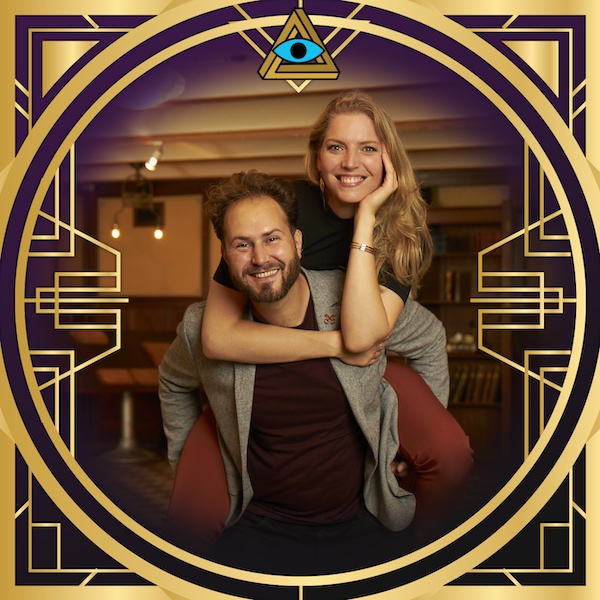FiveThirtyEight recently broke the story of a crossword plagiarism scandal that spans over a decade.

What’s the scandal?
The short version of the story is that “Since 1999, Timothy Parker, editor of one of the nation’s most widely syndicated crosswords, has edited more than 60 individual puzzles that copy elements from New York Times puzzles, often with pseudonyms for bylines, a new database has helped reveal.”
Over at Room Escape Artist HQ, we’re pretty big fans of Will Shortz, so we’re displeased… but that’s beside the point.
How does this connect to the escape room world?
I’ll be blunt. I’m certain that some of the escape rooms I’ve played contained copied puzzles.
There is at least one major puzzle from one very big and successful company that I am 99% sure is entirely plagiarized.
The interesting thing is that no one will ever be able to surface the habitual plagiarizers and call them out because the escape room owners are so paranoid of having their games documented.
The only reason that the crossword puzzle case came to light was because of a database of puzzles.
And for what it’s worth, in my experience, the most paranoid owners tend to have some of the least original games.

![Sherlocked – The Lost Cabinet [Review]](https://roomescapeartist.com/wp-content/uploads/2024/03/sherlocked-lost-cabinet-2.jpg)
![Your Escape – The Non Believers [Review]](https://roomescapeartist.com/wp-content/uploads/2024/03/your-escape-nonbelievers.jpg)


Leave a Reply